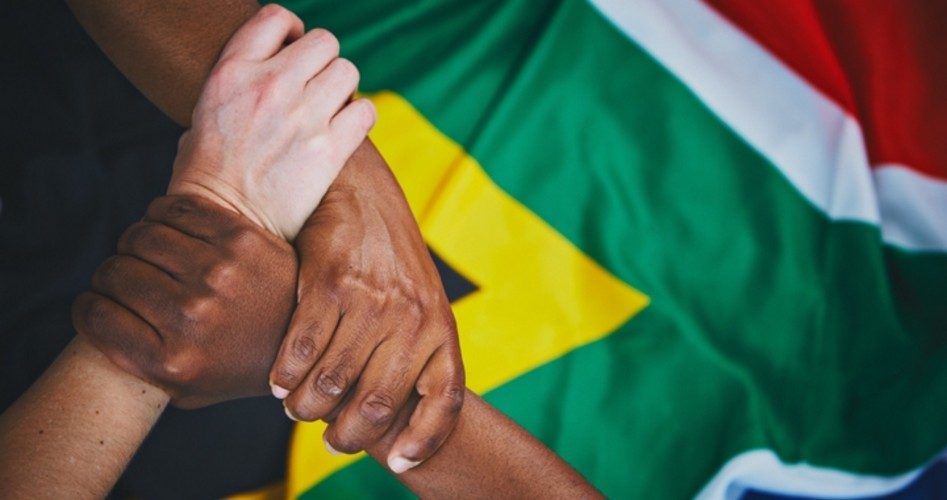
So, why do some in South Africa wax nostalgic for that system?
When the term “rainbow nation” was coined by Archbishop Desmond after South Africa’s first fully democratic national election in 1994, it was hoped that South Africa would move on from its past and become a nation where all races, ethnicities and creeds would have a say in how the nation was run. Twenty-five years later, it hasn’t worked out that way.
“It’s all about the blacks. The rainbow nation is a big lie,” said Dalene Raiters, a South African mother who is not white. Ms. Raiters is from an even more marginalized group in current day South Africa. She is one of South Africa’s mixed-race people, known as the “Coloured.”
“We are not part of this country. We were marginalized during the apartheid and even now,” said Dalene, who lives with nine others in tiny one-bedroom home with a hut in the backyard in Eldorado Park — a majority coloured suburb of Johannesburg.
Her sister, who also lives in the home, described the situation. “We are not black enough,” said Elizabeth Raiters. “Our people live like mushrooms. Four generations under the same roof.”
During apartheid, races were divided into groups of white, black, Indians and “coloured” — a term coined in 1950 in order to categorize those of mixed race. In 1994 when the African National Council (ANC) came to power, the various non-white races felt that their time had come, and that the ANC would finally look out for their interests.
According to Keith Duarte, who also resides in Eldorado Park, that hasn’t been the case. “We all felt that the ANC would represent us, would be inclusive.”
“It was the biggest mistake ever … we need to be treated equally.”
Neither black nor white, the coloured population has existed in a permanent state of marginalization in South Africa. Eleanor du Plooy of the Institute for Justice and Reconciliation in Cape Town described the plight of South Africa’s coloured community thusly, “Experiences of white racism have shaped coloured identities but so too has anti-black prejudice and racism.”
In South Africa, the “coloured” population has been discriminated against from both sides. And some in the coloured population think that their treatment under apartheid was better than it is now, with the ANC in power.
“The blacks have all the opportunities,” said Janice Jacobs, a 49-year-old pastor’s wife.
“We were much more comfortable during the apartheid. They would provide us with a school pack with all the stationary. We had nurses in the schools. There was order and discipline. If you set a place alight, you would end up in jail,” Jacobs remembered.
“The apartheid government used to look after education, health, housing. (This) government does not look after us. I prefer apartheid.”
It may be hard to believe that any South African citizen would want a return to apartheid. But the ANC — when it’s not abetting white genocide — is at its roots socialist — and even communist. For example, Nelson Mandela, who became the first ANC president of South Africa, was also a leader of the South African Communist Party, though his leadership in the SACP was not publicly acknowledged by the ANC and SACP until after his death.
And what does socialism beget? — citizens who look to the government to take care of them instead of citizens who want to create their own opportunities and rely upon themselves for their well-being. That is, until the socialist regime acquires total, unrestrained power, at which point it becomes clear that socialism is in essence a control-the-wealth (and people) program, not a share-the-wealth program, with the latter serving as propaganda intending to beguile the masses into accepting their own slavery. Should full-blown socialism or communism become firmly established in South Africa, all races — black, white, and coloured — will be victims.
Photo: RapidEye/iStock/Getty Images Plus




